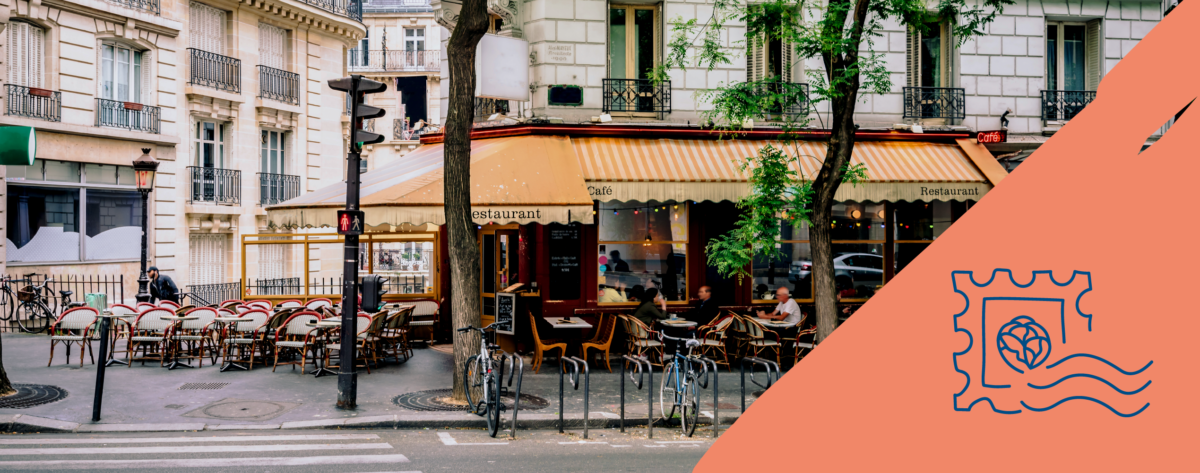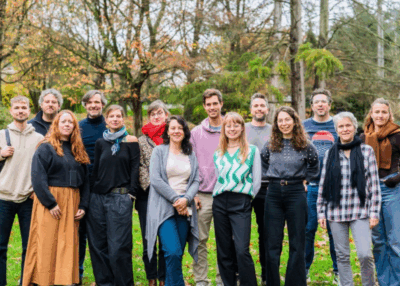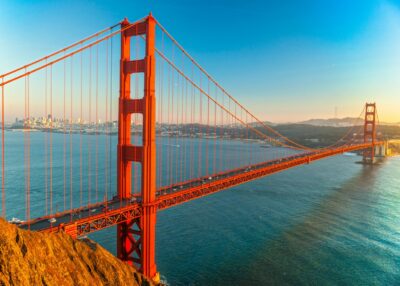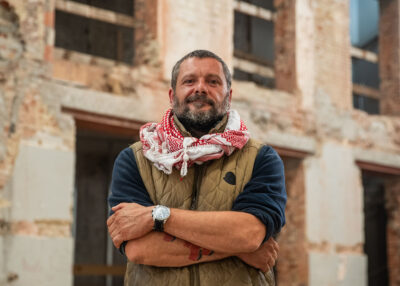
Exporting to France in eight steps
On September 22, 20 Brussels-based companies took the train to Paris to attend the Brussels Days! How does the French market look post-Covid? What rules must be met? Which markets are available? What are the pitfalls to avoid? Follow the guide!
Each year, the Brussels-Capital Region sets out on a “seduction” campaign of major cities. After Milan, New York, Berlin and Tokyo, it’s the turn of the City of Lights to welcome our companies looking to take advantage of the opportunities provided by a new market.
With its 67 million inhabitants, France is the sixth world economy and the second-leading European economy after Germany. The forecast is for a growth rate of 6% for 2021…
How do you gain traction in the French market?

1. GEOGRAPHY– What are the benefits of doing business with a neighbouring country?
François De Vrije: Geographical proximity makes regular travel to prospect the market and meet with potential partners/prospects/customers much easier. The new technologies and ways of working resulting from the health crisis shouldn’t make us forget the importance of dealing with people in person for business. The enthusiastic return of trade shows is proof of this.
In addition to the benefit of being a neighbouring country, the benefit of a shared language is also far from negligible. The French prefer to do business in their own language. And Belgian companies generally have a good reputation in France.
2. CULTURE – Is the socio-cultural climate in France different from Belgium? What should you be aware of?
FDV: Belgium and France are similar in many cultural and social aspects.
However, the French business world it is generally more formal and hierarchical than in Belgium. Using the second person singular is not common except in the start-up world, which tends to be much more in tune with English-speaking culture.
In general, decision making is fairly slow, due to the many procedures involved in the decision process and the many hierarchy levels in companies.
Business lunches are common and last longer than in the English-speaking world. People take time to get to know their interlocutor and although there is no mixing of private and professional life, it’s essential to establish a relationship of trust.
On the other hand, the crisis has emphasised local products and “Made in France”, which can be an obstacle for our exporters.
3. SECTOR – Which product(s)/service(s) should be offered?
FDV: Generally speaking, France is a large, mature market with many opportunities in all fields, although both local and international competition is very strong. Growth sectors in 2021 include medtech, wellness, sustainable development, the circular economy, the silver economy, transport & logistics (fuelled by e-commerce), and the decoration and design fields.
Traditional sectors like food and construction also provide many opportunities.
New technologies, digitisation, and all digital sectors are also growing strongly.
4. COVID – Did the crisis impact this list?
FDV: Absolutely. While not all sectors were impacted by the crisis in the same way, businesses that moved ahead with digitalisation have been more successful. This is the case for the e-health sector, of course, as well as for companies that have an effective e-commerce strategy.
Other sectors are growing as the crisis has created new needs for authenticity, responsible and local consumption, wellness and physical and mental health, etc.
The digitisation of the economy is in progress. It accelerated with the crisis and is set to be durable. The focus on more personal aspects may turn out to be more short-lived. These trends will need to be monitored over the coming months.
5. PROSPECTING – Where should you start prospecting the French market?
FDV: The most important thing before prospecting the French market is to plan out your approach to the market well: what sales strategies should you use, direct or indirect? What budget do you have to prospect and market your products and services, attend trade shows, etc.? How do your products and/or services stack up against the competition in terms of pricing, positioning, after-sales service, etc.? How can I set myself apart to generate interest? Etc.
Many questions have to be answered before starting to prospect to avoid wasting time and making errors which could be difficult to correct later on.
6. LOCATION – What region should you set up in?
FDV: The Ile-de-France region accounts for one third of the French economy and is still the decision-making centre for many sectors. France is a highly centralised country. However, the North of France is probably easier to approach for a new exporter.
Sometimes it’s better to start with a regional approach and to grow bit by bit or by finding regional partners. Many large dynamic cities provide opportunities, including Lyon, Bordeaux, Nantes, an others.
7. CREATION – What are the required steps to start a business?
FDV: The formalities and types of companies are very similar in France and Belgium. SAs and SARLs are very common and some other legal forms, like the SAS, can be advantageous. Note that, contrary to Belgium, you won’t have to work through a notary.
8.SUBSIDIES – What assistance is available to export projects?
FDV: Bruxelles Economie Emploi provides a number of different export subsidies: allowances to exhibit at trade shows, to recruit an export manager, for prospecting travel (for start-ups less than four years old)…
France also provides set up assistance depending on the type of project and the region.
Want to do business in the French market? Contact François!

François de Vrije
Maroc - Mauritanie - MaliAmbassade de Belgique
Avenue Mohamed VI, Km 3.5, Essaada, B5, Souissi
Rabat
Maroc
+212 6 53 53 86 52
More news:

Greenlab: Discover the new wave of circular industrial projects!
Posted on 09/01/2026
